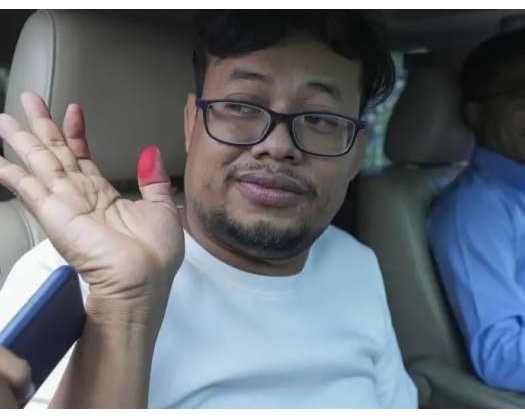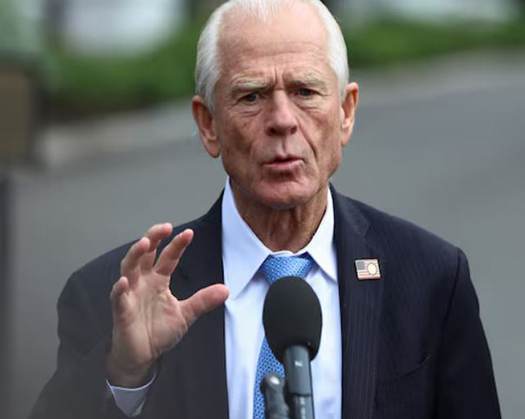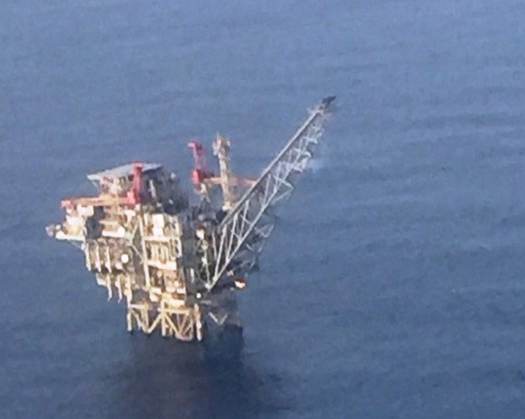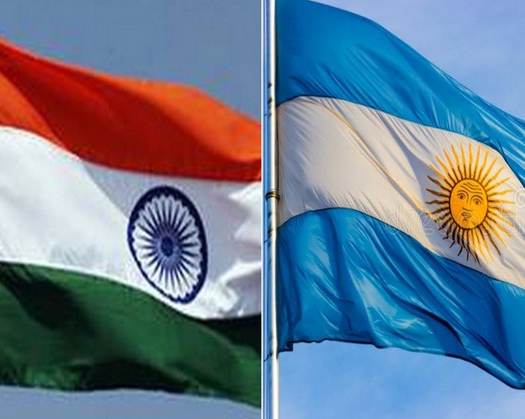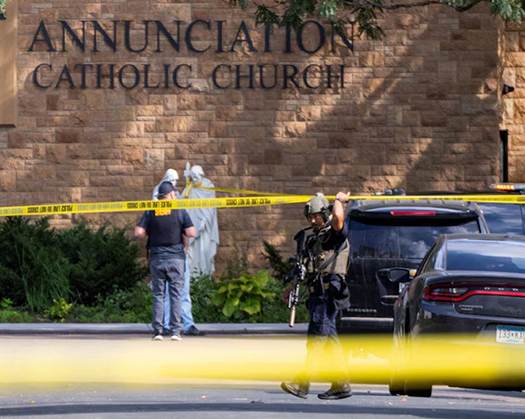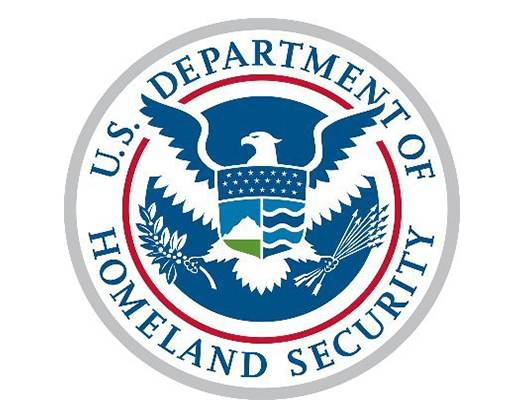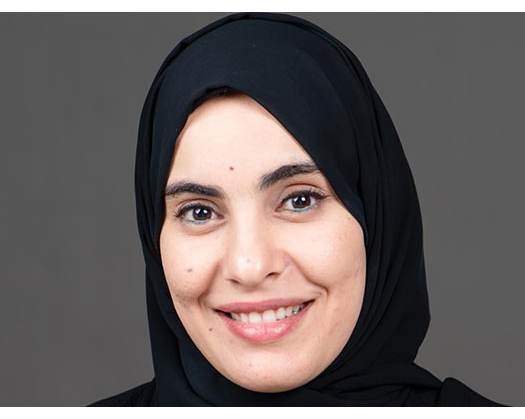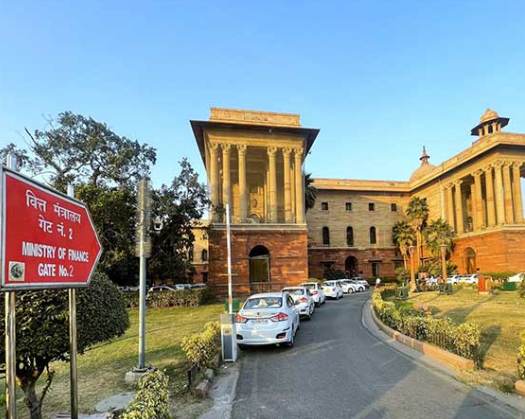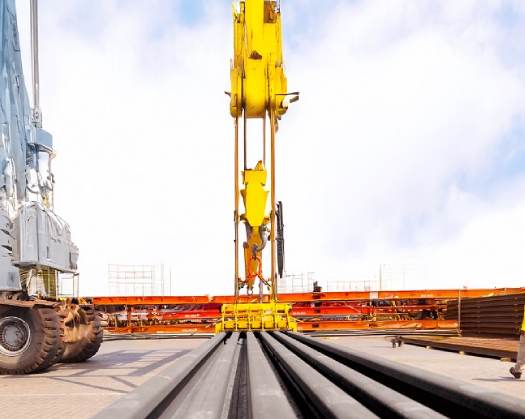Phnom Penh: The Cambodian government has faced increasing allegations of targeting both local and international journalists who cover sensitive topics, prompting concerns about the growing risks associated with journalism in the Southeast Asian nation.
In a recent event, UK journalist Gerald Flynn was barred from reentering Cambodia at Siem Reap International Airport last month after a brief trip to Thailand.
Flynn reported that Cambodian immigration officials claimed his visa was fraudulent and issued a "permanent ban" on his return to the country, forcing him to board a flight back to Thailand.
As a staff writer for Mongabay, a US-based environmental news outlet, Flynn had recently participated in a documentary produced by a French media organization that addressed Cambodia's environmental issues—findings that the Cambodian government dismissed as "fake news."
The perils of journalism in Cambodia
Nathan Paul Southern, a journalist and operations director at the Eyewitness Project, an investigative journalism organization, has frequently reported from Cambodia in recent years. He cautions that any reporting that could embarrass the government poses significant risks.
"Within Cambodia, nearly everyone is self-censoring, leaving the profession, or fleeing. Reporting on environmental matters is particularly perilous, but covering other issues that might embarrass the government can also lead to arrests or fatalities," he stated in an interview with DW.
In December, Cambodian environmental journalist Chhoeung Chheng was shot while investigating illegal logging in Siem Reap province and later succumbed to his injuries. Authorities claimed to have apprehended the shooter, asserting that the incident stemmed from a personal dispute.
Chhoeung's passing resonates with a similar incident from ten years prior, when journalist Tiang Try was fatally shot while probing illegal logging activities in Cambodia.
Cambodian authorities have faced criticism for their harsh treatment of environmental advocates, often imposing lengthy prison sentences.
In July 2024, ten members of the activist organization Mother Nature received prison terms ranging from six to eight years for allegedly conspiring against the Cambodian government.
These activists were investigating pollution in Phnom Penh's Tonle Sap River and had been vocal opponents of environmental degradation across Cambodia, claiming it was linked to corruption.
"The Cambodian government has increasingly adopted a hostile stance towards any criticism, no matter how minor, resulting in potentially life-threatening or life-altering consequences for many individuals, whether they are courageous journalists like Gerry or ordinary citizens expressing concerns on social media," stated Southern.
"Journalists, activists, and NGO workers in Cambodia who cannot leave the country are taking significant risks while receiving minimal international support and attention."
Imprisonment of journalists
In November, Mech Dara, a prominent Cambodian journalist, declared his departure from the field just two months after being arrested and convicted for incitement due to his reports on online scams and corruption. Dara endured over 30 days in pre-trial detention and now faces a potential two-year prison sentence for the charges against him.
His accusations are akin to those faced by Cambodian journalist Sok Oudom, who received a 20-month prison sentence in 2020 for disseminating false information with the intent to incite unrest.
Since 2017, numerous Cambodian media outlets have had their licenses revoked, including the Voice of Democracy (VOD), one of the few remaining independent media organizations in the country.
Consequently, an increasing number of Cambodians are relying on social media for news updates. However, even sharing information on these platforms poses risks for journalists.
In 2021, Khou Piseth faced incitement charges for his Facebook criticisms of government officials regarding COVID-19 policies, as reported by various news sources. That same year, Youn Chhiv, who operated the Koh Kong Hot News website, was sentenced to one year in prison for "posting comments that caused confusion" on Facebook, according to Vey Phearom, deputy prosecutor at the provincial court in Koh Kong.
'Assault on journalism'
The Cambodian Journalist Alliance (CamboJA), a politically neutral association of journalists, has documented at least 14 instances of reporters being legally or physically targeted between July and September 2024.
Nop Vy, the executive director of CamboJA, stated that the Cambodian government is increasingly intolerant of investigative journalism.
"We have observed that the criminal code is being applied against journalists instead of the civil code or press law, which is fostering a hostile environment for the press," he communicated to DW via email.
The Cambodian government's choice to prevent British journalist Gerald Flynn from reentering the country and to impose a ban on him is a clear infringement on journalistic freedom. This action exemplifies the Cambodian authorities' growing intolerance towards critical and investigative reporting.
In light of concerns regarding press freedom, Cambodia's Ministry of Information has reiterated its dedication to safeguarding journalists and promoting a free press.
In a statement regarding the media landscape in Cambodia for 2024, as reported by The Phnom Penh Post, a ministry representative affirmed the commitment to fostering a secure working environment for journalists, supporting their professional growth, and championing press freedom.
"We encourage all journalists to operate with honesty, integrity, and impartiality, while upholding dignity and discipline in the public interest. It is essential to adhere to ethical standards and respect journalistic principles to enhance the quality and value of journalism, as well as the sustainability of the media sector in Cambodia," the statement articulated.
A dominant ruling 'dynasty'
The Cambodian People's Party (CPP) has maintained control over the country since 1979.
Critics often refer to the nation's leaders as the "Hun Dynasty." Former Prime Minister Hun Sen governed Cambodia for nearly forty years before transferring power to his son, the current Prime Minister Hun Manet, in 2023.
During their tenure, the government has tightened its hold on authority—suppressing political adversaries, targeting independent media outlets, and cracking down on critics and dissidents both domestically and internationally.
Aleksandra Beilakowska, the advocacy manager for Reporters Without Borders (RSF), cautions that the Cambodian government is stifling independent media as a means to manipulate public perception and strengthen its authority.
"Through the repression of journalists, the Cambodian authorities are delivering a stark warning and endangering those who continue to seek accountability from those in power," she stated.
In the most recent RSF World Press Freedom Index, Cambodia ranks 151st out of 180 nations and territories, having dropped nine positions over the last two years.

